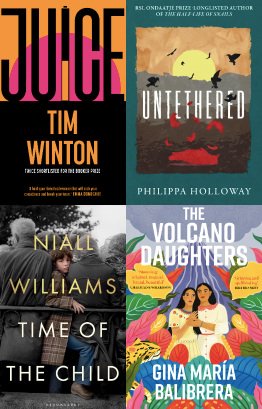
In Brief - October’s Best New Books
New books by Tim Winton, Phillipa Holloway, Niall Williams and Gina María Balibrera
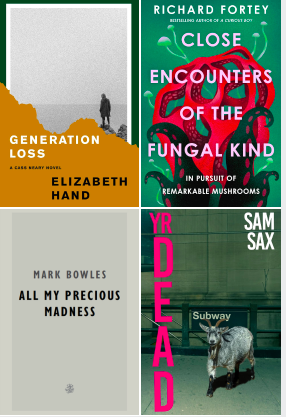
In Brief - September’s Best New Books
New books from Elizabeth Hand, Richard Fortey, Mark Bowles and Sam Sax

Liars by Sarah Manguso
‘I could tell you this is an angry book; I still doubt you’d be prepared. In Sarah Manguso’s latest novel, Liars, rage is the main character — sharper and more accented than any of its actual cast. More specifically, women’s rage.’

Rebel Girl: My Life As A Feminist Punk by Kathleen Hanna
‘For those who appreciate not just Hanna’s music but a well-crafted and candid rock biography, Rebel Girl… succeeds as an unremitting testament to trying.’
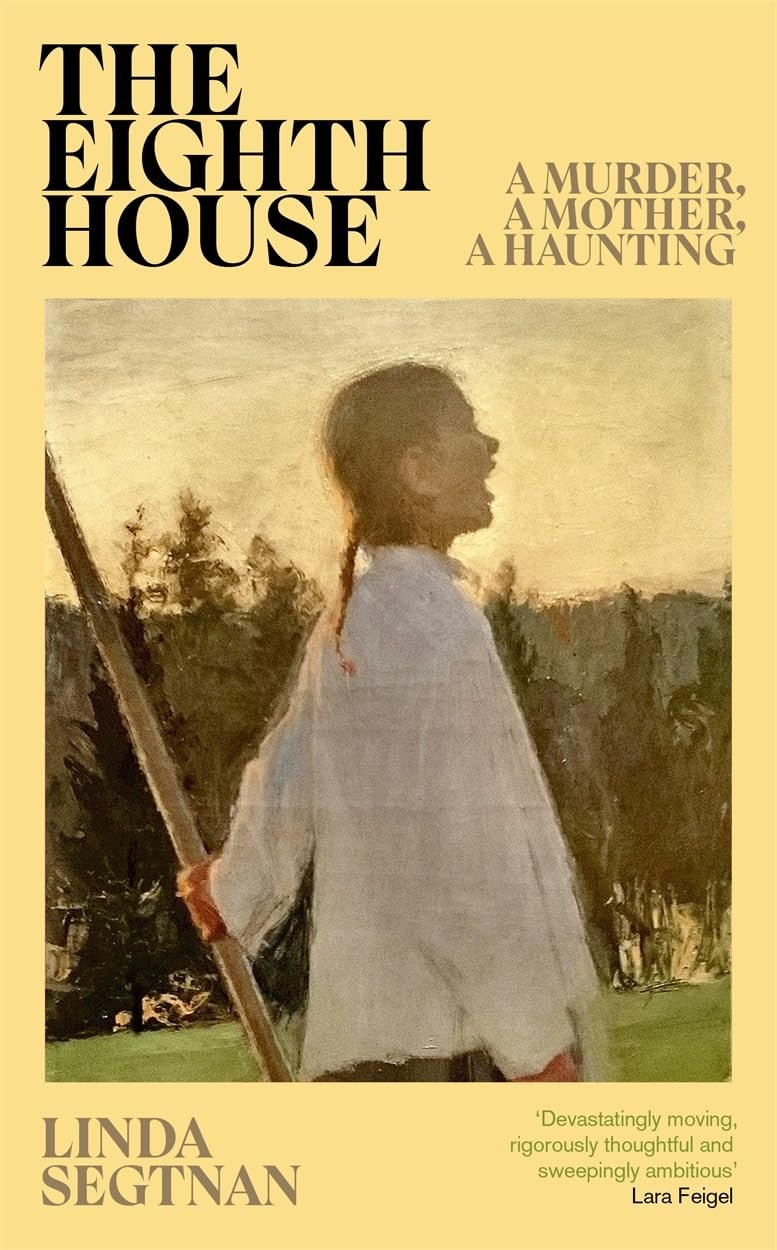
The Eighth House: A murder, a mother, a haunting by Linda Segtnan (tr. Elizabeth Clark Wessel)
‘Toying with genre and expectation, The Eighth House combines procedural investigation with motherhood memoir, to expose the fragility of the boundaries we ourselves create. The result in a fascinating dissection of life given and life taken away, the dark intricacies of modern womanhood.’

The Delivery by Margarita García Robayo (tr. Megan McDowell)
‘From start to finish, The Delivery is a pleasure to read: amusing, deeply thought, reflective of the world as it is, a novel that can speak to many readers on many levels.’
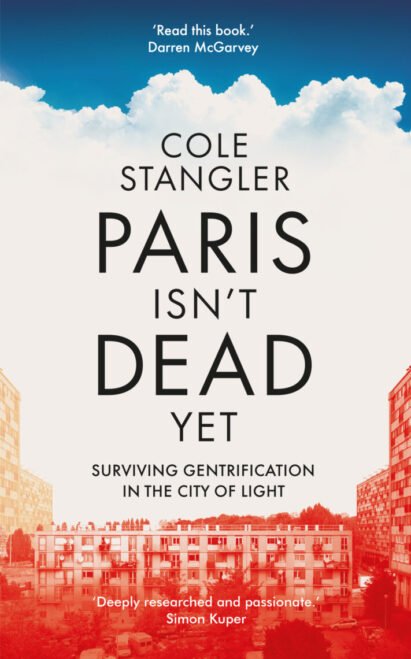
Paris Isn’t Dead Yet by Cole Stangler
‘Stangler argues for the reintroduction of such housing policies to reclaim the city’s egalitarian creativity, and his call for affordable housing underpins his thesis that gentrification is not inevitable’

The Parenthood Dilemma: Decisions in Our Age of Uncertainty by Gina Rushton
‘What is admirable about The Parenthood Dilemma is that it does not seek to offer universal answers; it is more pointedly concerned with finding a space in which to consider our own questions, and how, perhaps, we might walk a mile in another’s shoes.’‘

The Poet and the Echo (ed. Tom Conaghan)
‘It’s notable that so many of the ‘respondent’ writers include those who excel in both prose and poetry themselves, making this whole collection less an exercise in translations across forms, and more a showcase of daring and delight — a myriad of conversations between words, meanings, and image.’
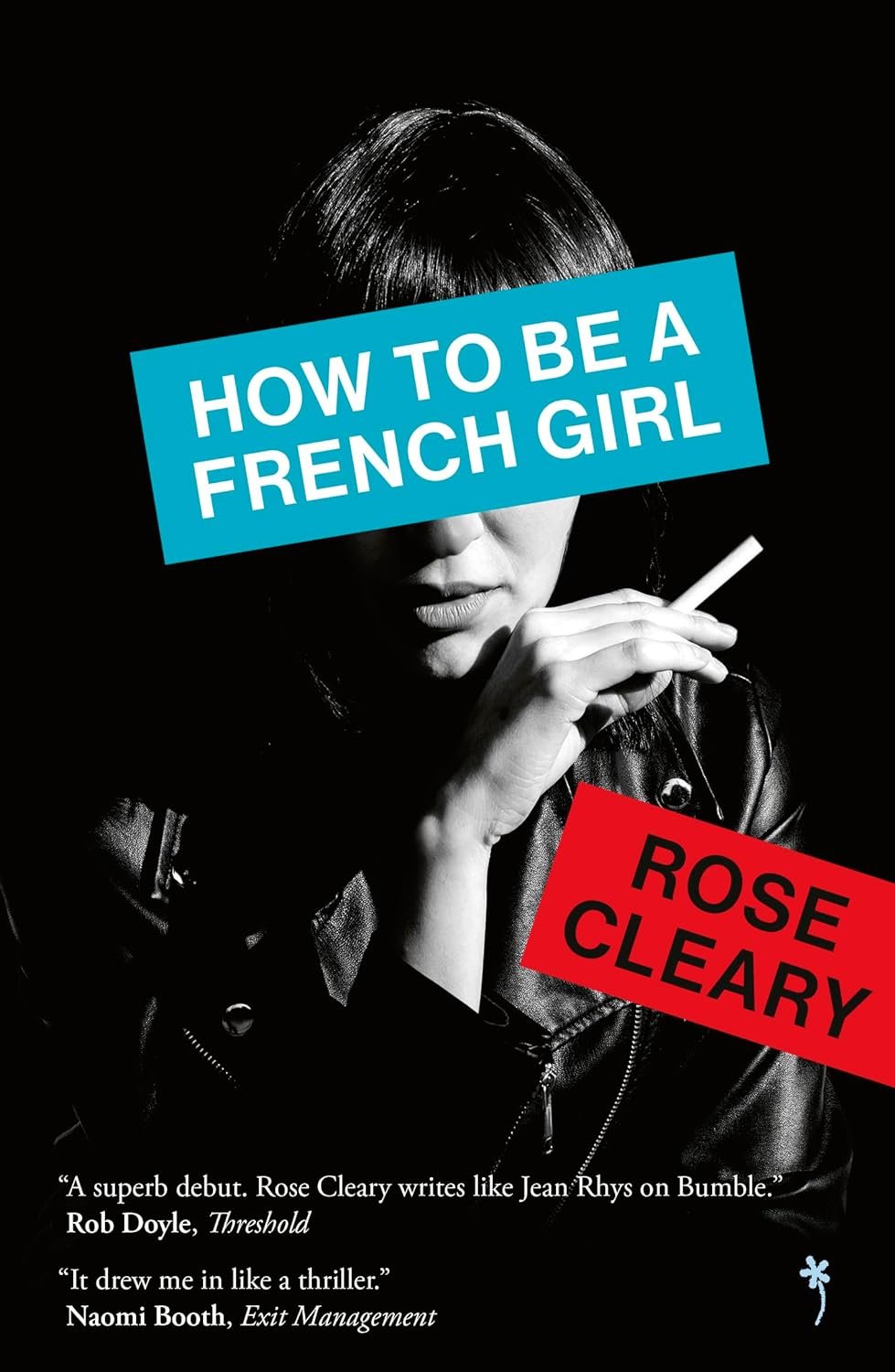
How to be a French Girl by Rose Cleary
‘How To Be A French Girl is a funny and provocative look at how certain modes of femininity are packaged and sold, the function of art and the artist today and the extent to which we can ever really escape where we’re from.’

Motion Sickness by Lynne Tillman
‘A robustly intertextual work (stuffed with repeated references to films, books, paintings, records, held up like touchstones), like all the best visitors Motion Sickness speaks awkwardly and eloquently of its particular time and place in the world’
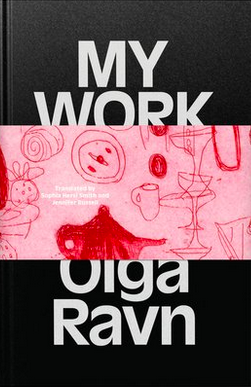
My Work by Olga Ravn (tr. Sophia Hersi Smith and Jennifer Russell)
‘As necessary and difficult as childbirth itself, My Work marks an important engagement with the past and present of women’s writing’

Innominate by Naomi Pearce
‘Innominate is a meticulously researched novel, borne out by Pearce’s attention to historical detail and her ability to render acutely vivid characters. However, it is the sense of place, and the sensation of deep time, which elevates this novel into something eerie.’
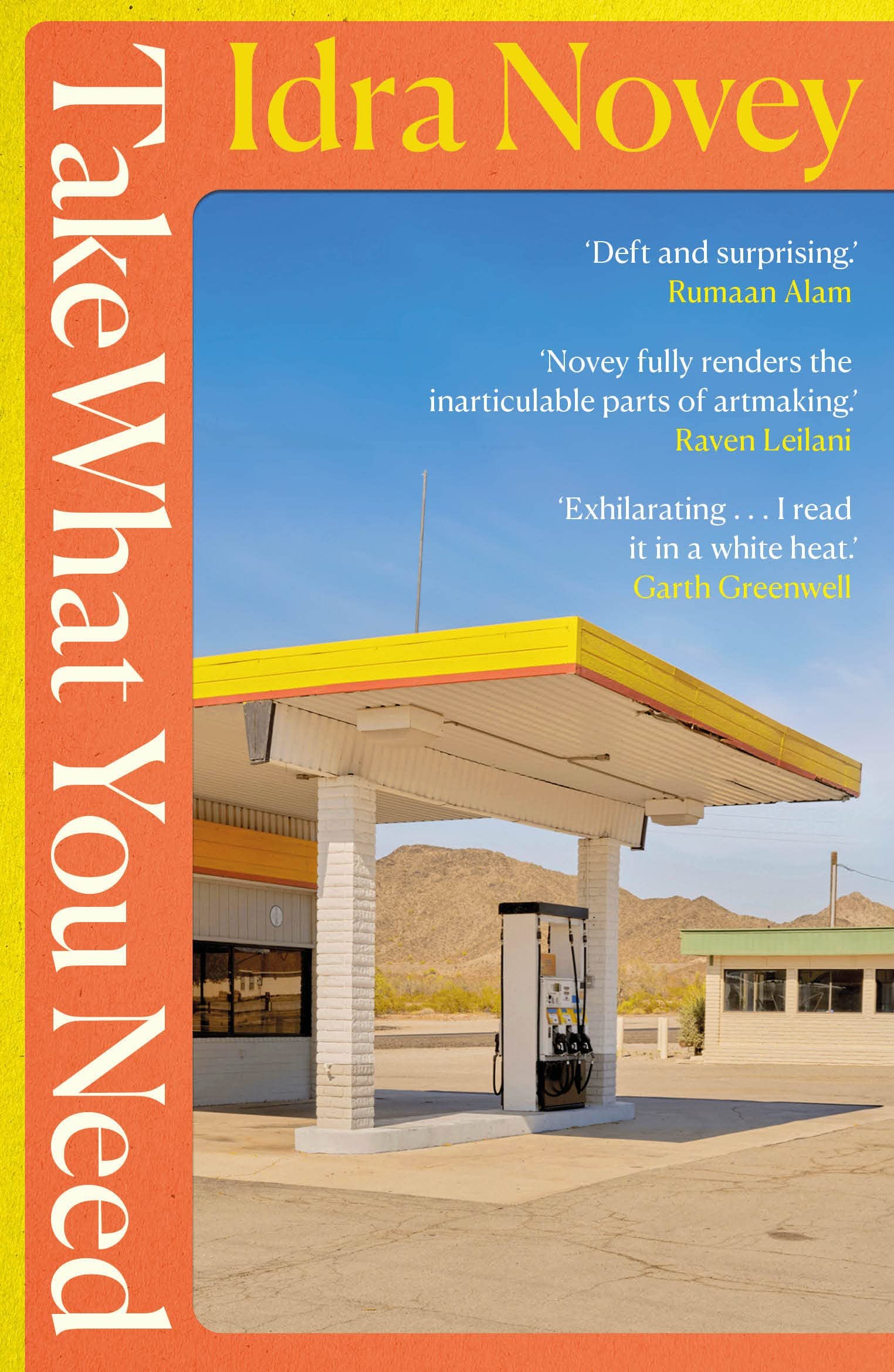
Take What You Need by Idra Novey
‘Take What You Need speaks eloquently and at length about the trials of a broken nation, and it has much to say about grief — in particular the indistinct form generated as a result of absence and disconnection. It elevates the modern American novel to new and exhilirating heights.’

A Wreath for the Enemy by Pamela Frankau
‘A Wreath for the Enemy is a compelling and ambitiously crafted coming of age story — one that is still emotionally resonant sixty-nine years after its initial publication, and more than deserving of renewed attention.’

Industrial Roots by Lisa Pike
‘With an expert hand, Pike builds these vignettes, these brief glimpses into her characters interconnected worlds, into a full picture of the spectrum of female experiences in the community she portrays. ‘
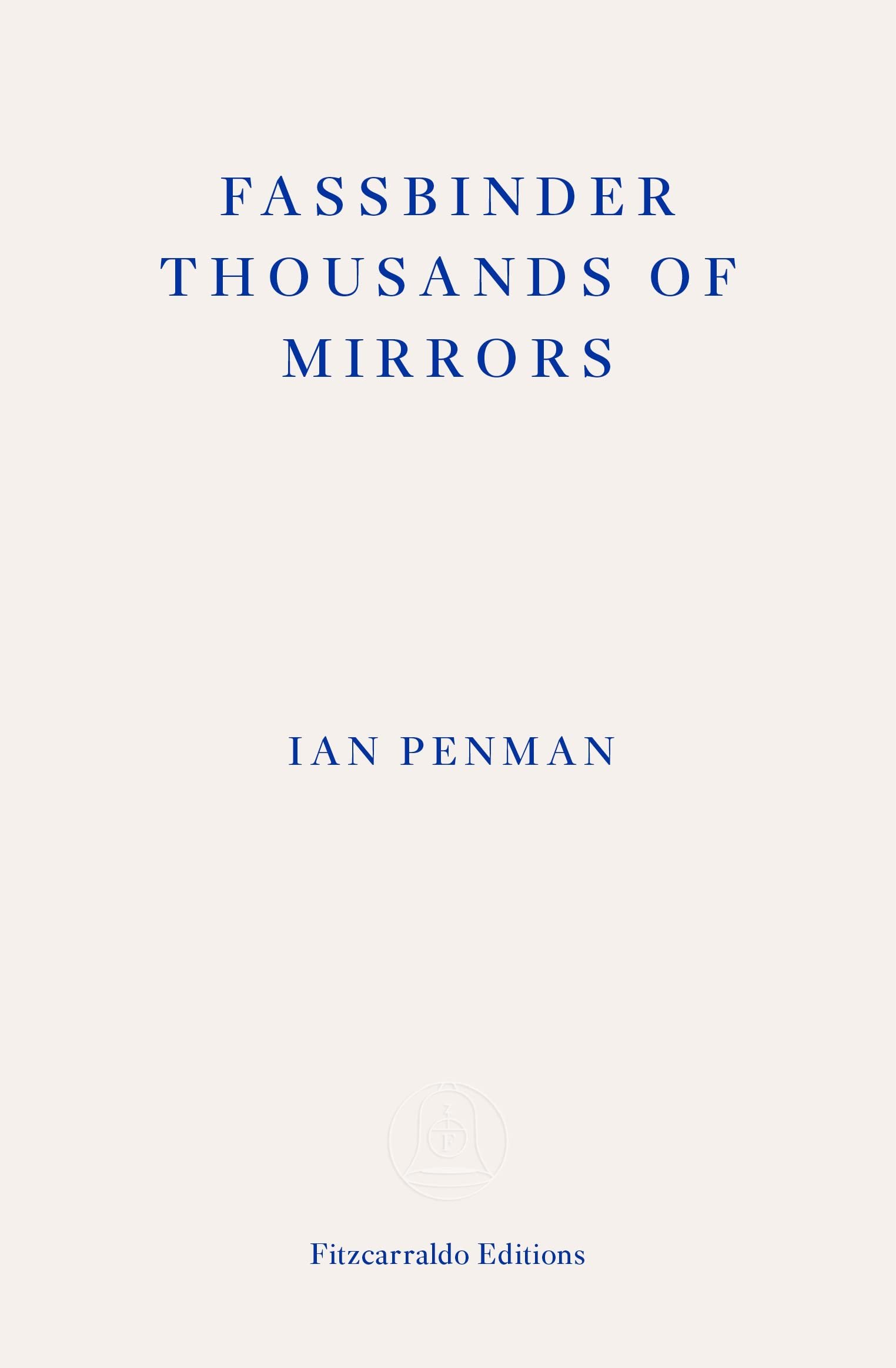
Fassbinder Thousands of Mirrors by Ian Penman
‘Generous to a fault, and still balancing passion and caution with winning ease, Penman, you suspect, could find illuminating angles of inquiry in a crate of unexposed film.’

Reverse Engineering II ed. Tom Conaghan
‘Reverse Engineering II is a remarkable anthology and a wonderfully looping set of conversations about the elusive nature of the creative process.’
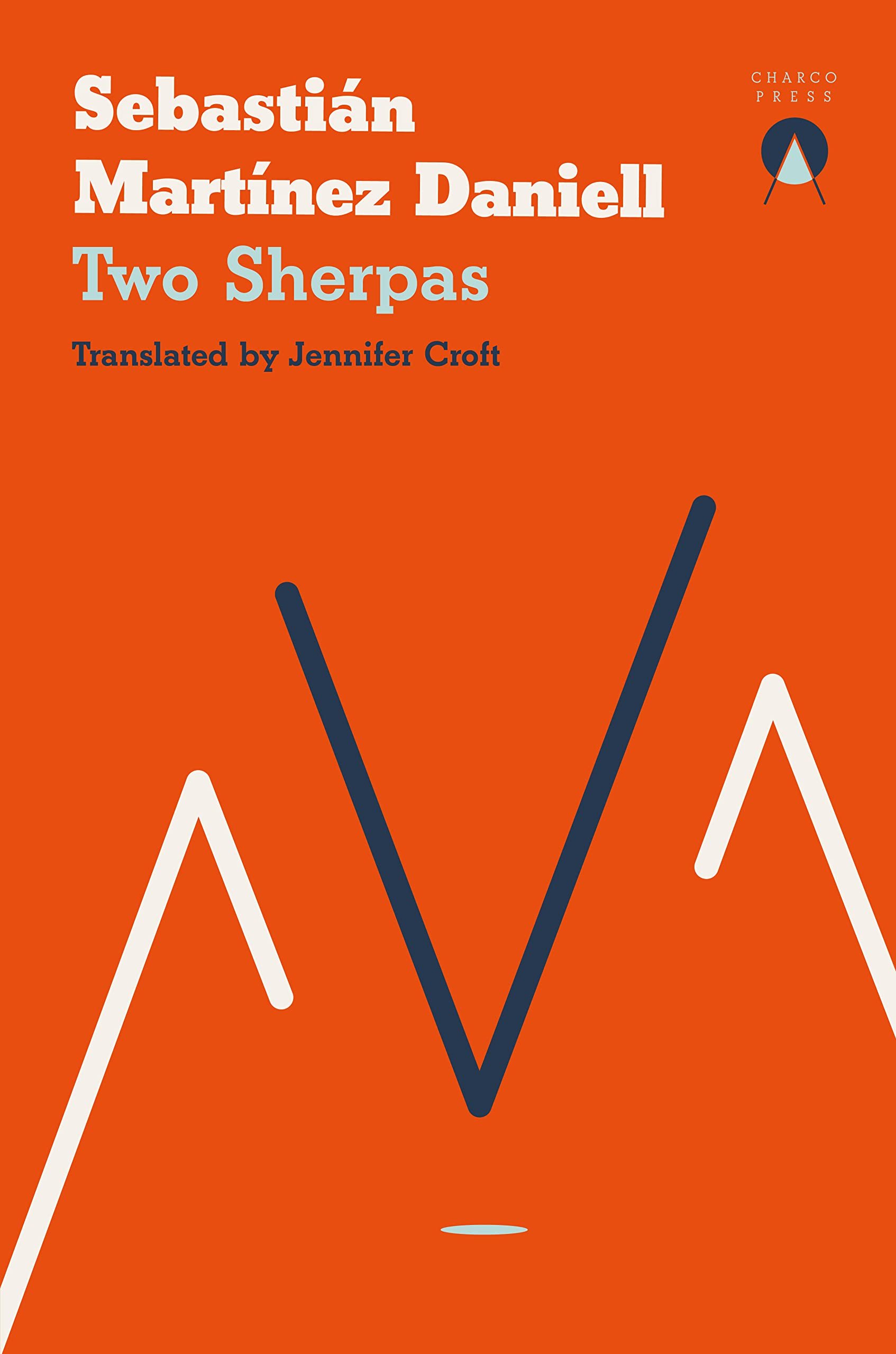
Two Sherpas by Sebastián Martínez Daniell (tr. Jennifer Croft)
‘Daniell uses a neat cast of characters, a sprinkling of sub-tales and a touch of comedy to create a story far broader than the reader might expect, an acerbic dissection of a tired world order and personal history of two very different individuals.’
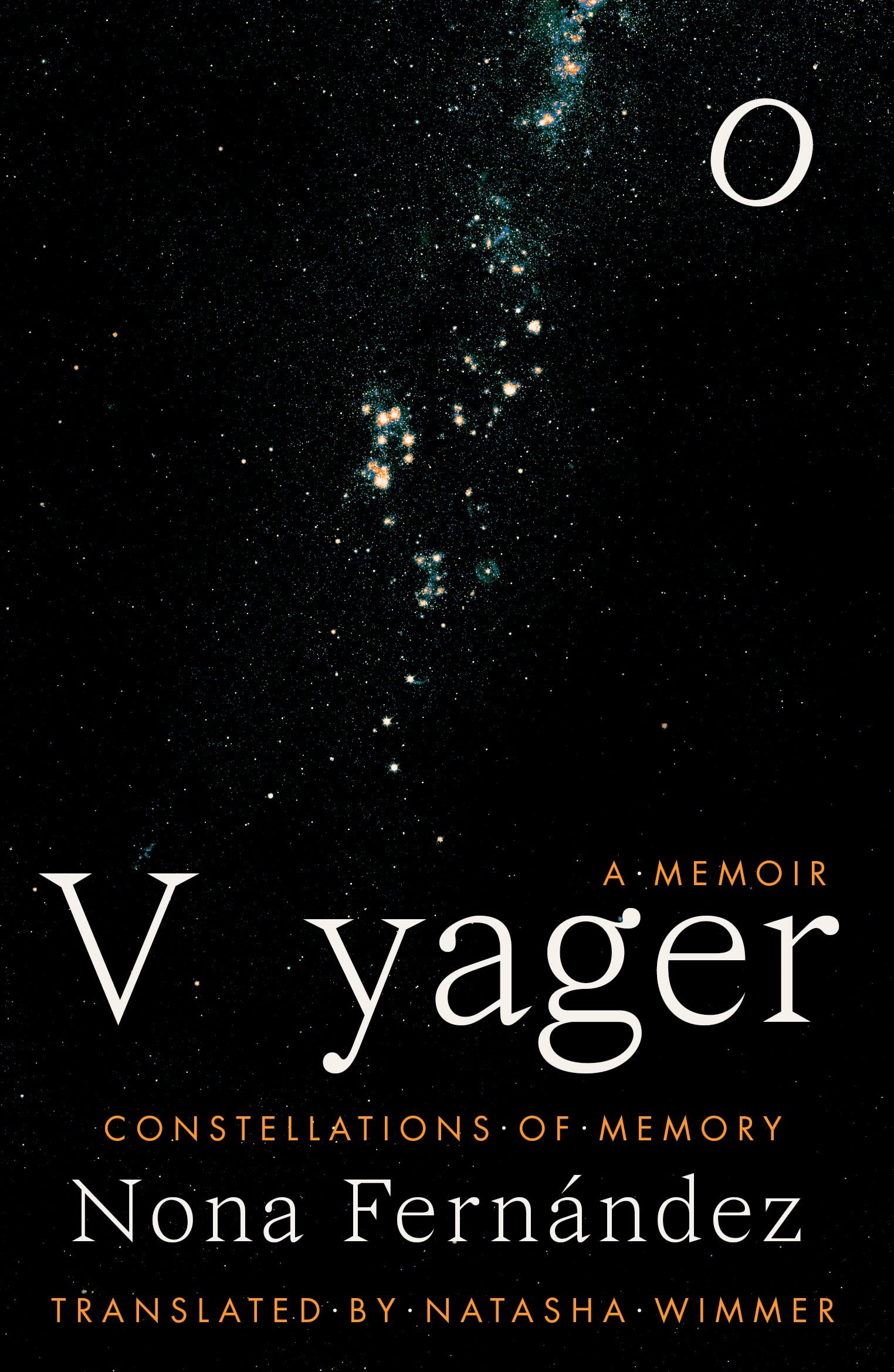
Voyager: The Constellations of Memory by Nona Fernández (tr. Natasha Wimmer)
‘The Constellations of Memory reckons with the empty spaces and imprecise flickers of deteriorating memory. Written in Chile in 2019, Fernandez’s work binds together her mother’s fading memories, her country’s reckoning with redacted memories, and the ancient glimmers of stars from a time and place light years away.’
